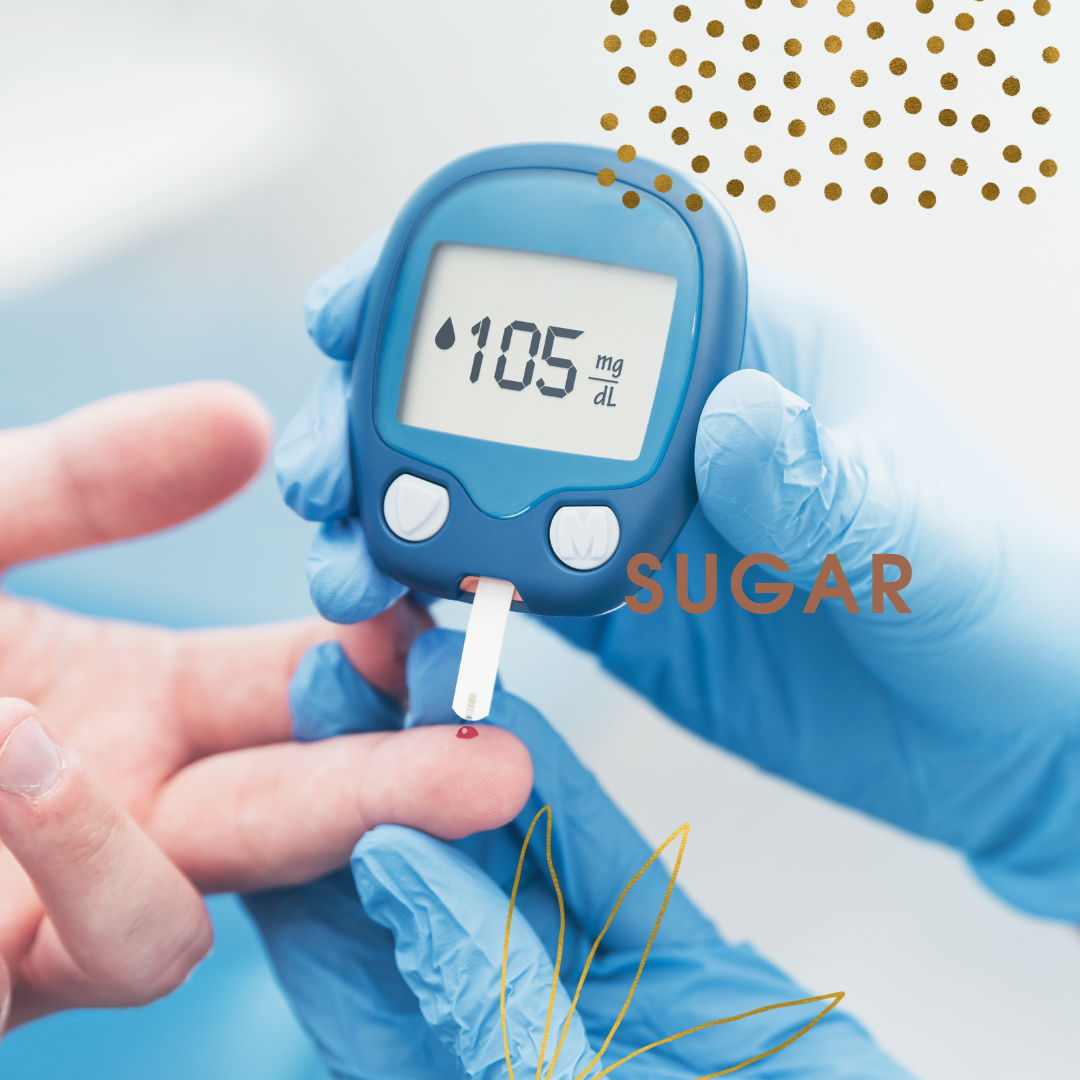Cardiology
cardiology

Cardiologists diagnose and manage cardiovascular issues, including heart attacks, heart failure, arrhythmias, and hypertension, using medications, lifestyle recommendations, and surgical procedures
Services

We provide comprehensive services such as blood investigations, blood pressure and blood sugar monitoring, ECG, vaccination, and urine examinations. Click here to learn more about our offerings.
Schedule Your appointment
Healthify me !
Unraveling Cardiovascular Risk Factors Beyond Cholesterol



While cholesterol is a well-known contributor, numerous other factors play pivotal roles in determining one’s susceptibility to heart disease.
1. Blood Pressure: The Silent Arbiter of Cardiovascular Health
Elevated blood pressure, often silent and asymptomatic, poses a significant risk to the cardiovascular system. Hypertension strains the heart, arteries, and other organs, contributing to the development of heart disease. Regular blood pressure monitoring and lifestyle modifications play key roles in managing this pervasive risk factor.
2. Blood Sugar Levels: Unmasking the Connection with Heart Health
Diabetes and impaired glucose metabolism heighten the risk of heart disease. High blood sugar levels can damage blood vessels and the heart itself. Controlling blood sugar through diet, exercise, and medication, when necessary, is crucial for mitigating this risk.
3. Smoking and Tobacco Use: Igniting Cardiovascular Vulnerability
Beyond its association with respiratory issues, smoking is a potent cardiovascular risk factor. The chemicals in tobacco harm blood vessels, reduce oxygen supply to the heart, and elevate the risk of blood clots. Quitting smoking is one of the most impactful steps one can take to improve heart health.
4. Physical Inactivity: The Sedentary Culprit
A lack of physical activity contributes significantly to cardiovascular risk. Regular exercise helps maintain a healthy weight, lowers blood pressure, and improves overall heart function. Incorporating physical activity into daily life is a fundamental aspect of cardiovascular disease prevention.
5. Genetics: Unraveling the Role of Family History
Family history can influence heart health. If close relatives have experienced heart disease or related conditions, individuals may be genetically predisposed to similar risks. Understanding familial patterns empowers individuals to engage in proactive heart health measures.
6. Stress and Mental Health: The Emotional Impact on the Heart
Chronic stress and poor mental health can take a toll on the heart. Stress hormones and unhealthy coping mechanisms contribute to inflammation and other factors that promote heart disease. Prioritizing stress management and mental well-being is integral to cardiovascular health.
7. Obesity: Weighing In on Heart Health
Excess weight strains the heart and contributes to other risk factors like diabetes and high blood pressure. Achieving and maintaining a healthy weight through a balanced diet and regular exercise is a cornerstone of cardiovascular disease prevention.
In conclusion, acknowledging and addressing the diverse array of cardiovascular risk factors beyond cholesterol is paramount for fostering heart health. A proactive approach that encompasses lifestyle modifications, regular check-ups, and a holistic understanding of individual risk profiles can pave the way for a resilient and thriving cardiovascular system.
A Comprehensive Guide to Cardiovascular Fitness through Exercise




In the rhythmic beat of a healthy heart lies the symphony of cardiovascular fitness. Exercise, a cornerstone of heart health, orchestrates a harmonious interplay of strength, endurance, and resilience. This comprehensive guide explores the profound connection between exercise and the heart, offering insights into the transformative impact of physical activity on cardiovascular well-being.
1. The Heart-Exercise Nexus: Fortifying Cardiovascular Resilience
Exercise is a powerful ally in fortifying the cardiovascular system. Regular physical activity strengthens the heart muscle, enhances blood circulation, and contributes to optimal oxygen utilization. These collective benefits culminate in improved heart function and reduced risk of cardiovascular diseases.
2. Types of Exercise for Heart Health: Finding Your Rhythm
Cardiovascular fitness encompasses a spectrum of activities, including aerobic exercises like brisk walking, running, cycling, and swimming. Strength training also plays a crucial role in supporting overall heart health by enhancing muscle strength and metabolism. A balanced exercise routine that includes both aerobic and strength-building activities is key to a well-rounded fitness approach.
3. Aerobic Exercise: Fueling the Heart’s Endurance
Aerobic exercises, also known as cardio workouts, elevate the heart rate and breathing, promoting endurance and cardiovascular efficiency. Engaging in activities like jogging, dancing, or cycling not only strengthens the heart but also boosts lung capacity, enhancing the body’s ability to transport and utilize oxygen.
4. Strength Training: Building Cardiac Resilience
While aerobic exercise focuses on endurance, strength training targets the muscular system, including the heart. Resistance training enhances muscle tone, supports metabolism, and contributes to overall cardiovascular health. Activities like weightlifting, bodyweight exercises, or resistance band workouts play a pivotal role in building cardiac resilience.
5. Frequency and Duration: Crafting an Effective Exercise Routine
Consistency is key in unlocking the benefits of cardiovascular fitness. The American Heart Association recommends at least 150 minutes of moderate-intensity aerobic exercise or 75 minutes of vigorous-intensity exercise per week, complemented by strength training activities at least two days a week. Tailoring the routine to individual fitness levels ensures sustainability and long-term heart health benefits.
6. The Heart-Brain Connection: Mental Well-being through Exercise
Exercise not only elevates physical health but also nurtures mental well-being. Physical activity releases endorphins, the body’s natural mood elevators, reducing stress and anxiety. The positive impact on mental health further reinforces the holistic benefits of exercise for heart health.
7. Cardiovascular Fitness at Any Age: Lifelong Benefits
Cardiovascular fitness is a lifelong journey that offers enduring benefits. Engaging in regular exercise from a young age establishes a foundation for heart health, while individuals of all ages can experience positive transformations in cardiovascular fitness through consistent physical activity.
8. Consultation and Safety: Partnering with Healthcare Professionals
Before embarking on a new exercise routine, especially for those with pre-existing health conditions, consulting with healthcare professionals is paramount. They can provide personalized guidance, ensuring that the chosen exercise regimen aligns with individual health needs and goals.
Conclusion: Cultivating a Heart-Strong Future
Exercise emerges as a compass guiding individuals towards a heart-strong future. Its transformative impact on cardiovascular fitness extends far beyond physical strength, encompassing mental well-being and resilience. By embracing the rhythm of regular exercise, individuals orchestrate a symphony of health, nurturing a heart that beats not just for survival but for a life lived with vitality and vigor.
